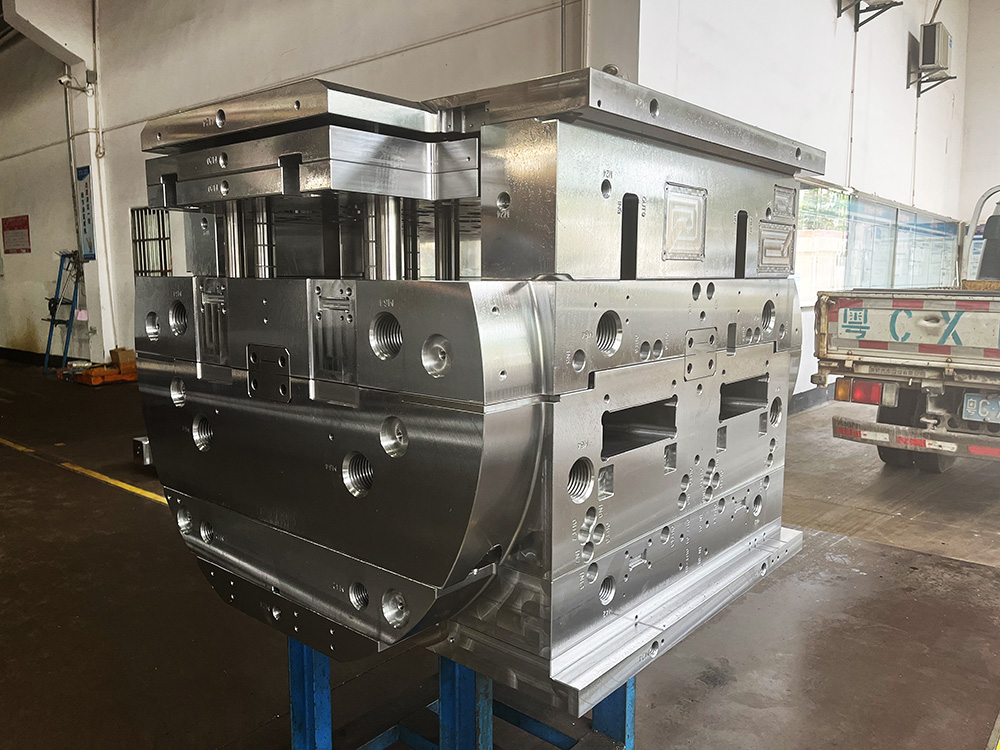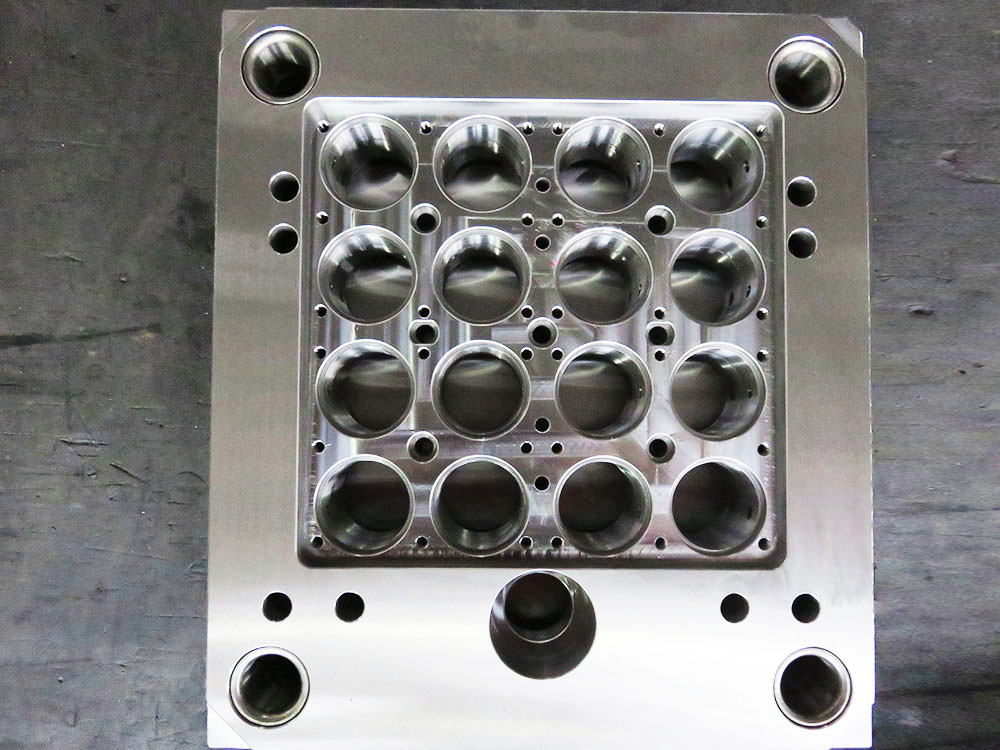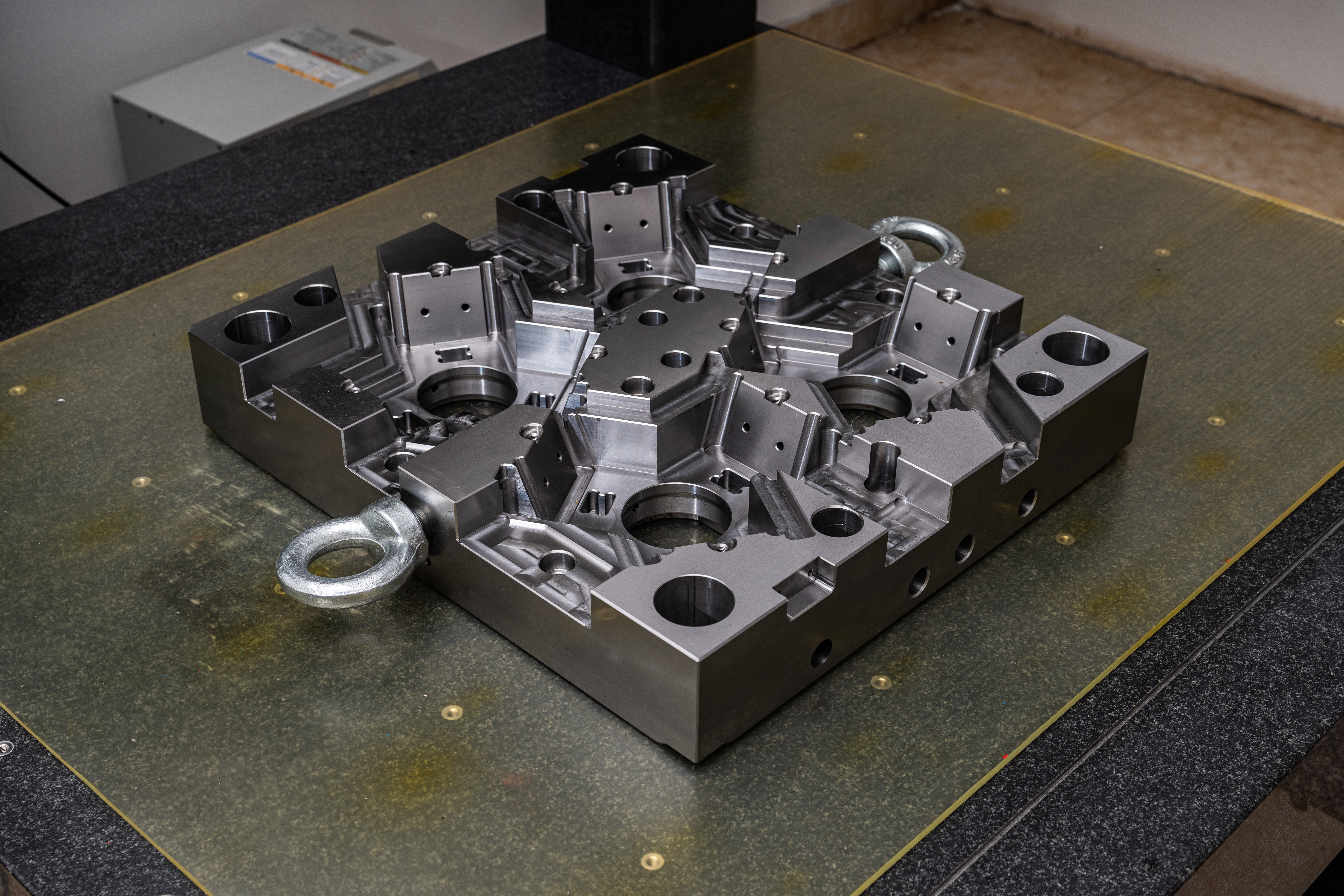Precise Customization: Industrial Applications of Non-Standard Mold Bases
Introduction
Non-standard mold bases have emerged as a crucial solution in the field of mold manufacturing. These bases provide precise customization options to cater to the unique requirements of industrial applications. This article delves into the significance and applications of non-standard mold bases, highlighting their advantages and showcasing their diverse usage in various industries.Advantages of Non-Standard Mold Bases
Non-standard mold bases offer several advantages over traditional standard mold bases. Firstly, they enable precise customization according to specific industry needs. This customization allows for better fit, improved functionality, and efficiency. Secondly, non-standard mold bases eliminate the need for modification or adaptation of standard bases, saving time and reducing costs. Customized mold bases also enhance mold performance, resulting in higher-quality molds and products.Applications in Automotive Industry
The automotive industry heavily relies on non-standard mold bases to achieve precise and efficient production. From car body panels to interior components, non-standard bases provide the necessary customization for producing complex and intricate automotive parts. They ensure dimensional accuracy required for proper assembly, enhancing the overall quality and performance of vehicles. Non-standard mold bases are also used in the manufacturing of safety equipment such as airbags and seat belts, ensuring optimal functionality and reliability.Utilization in Electronics Industry
The electronics industry seeks non-standard mold bases due to the demanding nature of its products. These bases enable the manufacturing of intricate electronic components such as printed circuit boards (PCBs), connectors, and microchips. The precise customization of mold bases ensures the accurate placement of components, minimizing the risk of defects and improving overall product performance. Non-standard mold bases are also utilized in the production of electronic housings, providing appropriate protection and aesthetics.Implementations in Medical Field
In the medical field, non-standard mold bases are indispensable in the production of various medical devices and equipment. From prosthetics to surgical instruments, these bases allow for precise customization to ensure proper fit and functionality. This level of customization is vital for medical devices as they directly impact the well-being and safety of patients. Non-standard mold bases also facilitate the production of intricate and complex medical components, such as dental implants and hearing aids, ensuring high precision and durability.Adaptation in Consumer Goods Manufacturing
Non-standard mold bases have found extensive applications in consumer goods manufacturing. The production of household appliances, kitchenware, and consumer electronics involves intricate designs and specific functionality requirements. Non-standard bases enable manufacturers to meet these demands while ensuring optimal product performance. By offering customization options, these mold bases enhance the aesthetics, durability, and functionality of consumer goods, resulting in increased customer satisfaction.Conclusion
Non-standard mold bases have revolutionized the mold manufacturing industry, providing precise customization options for various industrial applications. From automotive to electronics, medical, and consumer goods, these bases have paved the way for improved product quality, performance, and reliability. Their ability to cater to unique requirements has transformed the way industrial molds are produced. With continuous advancements in technology, the utilization of non-standard mold bases is expected to expand further, catering to the ever-evolving needs of industrial applications.



